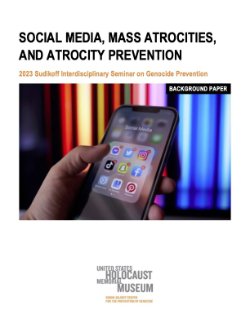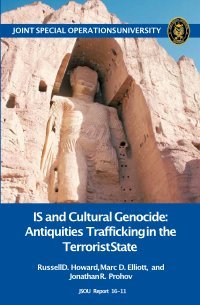By Sulaiman Lebbe Rifai
Nothing puts the human conscience on trial as does the Genocide in Gaza. Nothing illustrates the political hypocrisy of some Western leaders as does the war in Gaza. Nothing exemplifies the double standard of Western political leaders as their complicity in the Gazan war. Moreover, this war has put the International Court of Justice and International Criminal Court in a somewhat difficult and precarious position. It has also put the UNHR in a difficult situation and it is alarmed with the seriousness of atrocities in Gaza. These courts and international organizations are instituted to establish justice and fairness in all international conflicts. They cannot discriminate between countries in their application of justice. They cannot apply one set of laws to the State of Zionist Israel and another set of laws to the people of Palestine. They must do unconditional justice to all parties equally without any prejudice, racial religious, or political discrimination. They must do this to protect the integrity and reputation of these international institutions and yet, the Zionist State of Israel and its supporters are standing between these institutions and their official responsibilities to apply laws equally to all. Take, for instance, the South African lawsuit against the state of Israel for its genocide in the Gaza Strip. Many countries in the Global South welcomed and supported South Africa’s initiative to file a case against Israel and yet, many Western countries blindly dismissed the legal complaint of South Africa in support of Israel as if there was no genocide committed in the Gaza by the State of Israel. To understand the gravity of the political discrimination of some Western leaders on the problem of the Gaza Genocide, we should revisit the contents of the UN’s convention on the prevention of the Crime of Genocide.
Unpublished paper, 2024.




